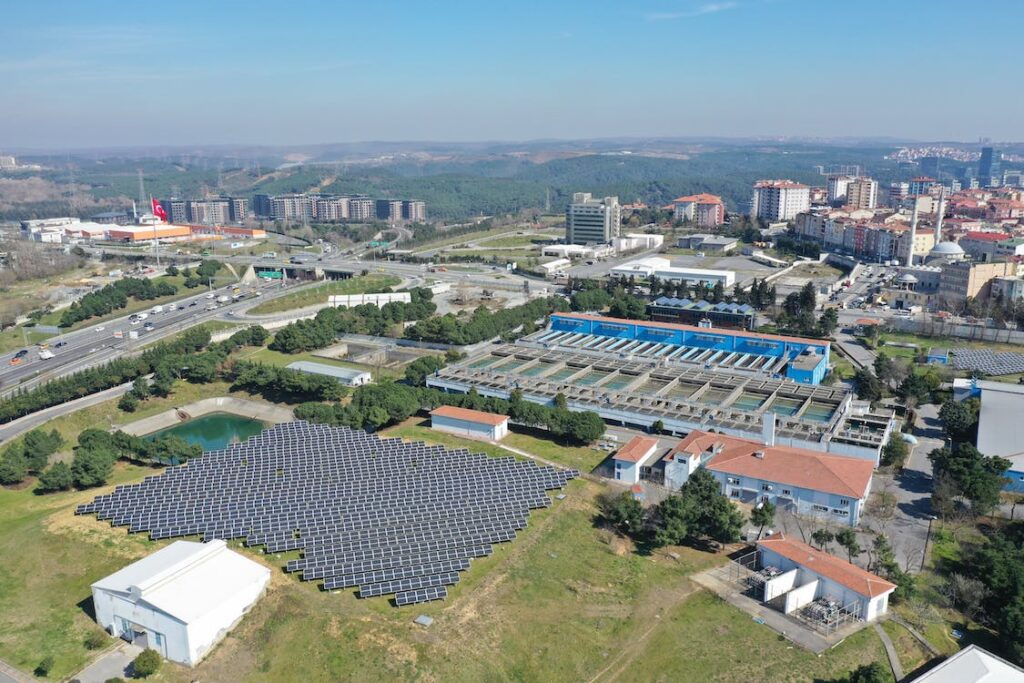The Future of Solar: Expert Panel Kicks Off Series Exploring Solar’s Role in Climate Strategies
AMHERST — As Massachusetts navigates the path toward a greener future, a rich pool of solar potential lies ready for exploration — boasting 15 to 18 times the solar capacity needed to meet its decarbonization mandates. This abundant reserve of solar energy presents a golden chance for the state to harmonize solar technology implementation with the conservation of its natural resources and landscapes, a route laden with both prospects and hurdles.
On September 5, a distinguished panel of experts convened to dissect the future of solar development not just in Massachusetts but nationwide, dissecting a range of aspects including emerging opportunities, ongoing initiatives, existent challenges, and the aspirations driving the solar movement. This inaugural discussion, which kicked off the Western Massachusetts Solar Forum series, granted a detailed snapshot of the present state of solar developments and offered a precursor to the informative sessions lined up every Tuesday in September.
This series of forums, a collaborative effort by the UMass Clean Energy Extension, Senator Jo Comerford, and Representative Mindy Domb, alongside other solar aficionados and specialists, aspires to facilitate a deeper understanding and foster dialogues around the solar narrative in the region.
Rebecca Tepper, the incumbent secretary of the state’s Executive Office of Energy and Environmental Affairs, heralded the cohesion seen in Massachusetts, where various sectors including academia, non-profits, the government, and businesses find common ground on the climate agenda. This unity, she believes, ushers in a unique avenue for collaborative endeavors aimed at environmental conservation.
A consensus resonated among the panelists, affirming solar energy’s pivotal role in curtailing fossil fuel emissions and tempering the pace of climate change. Kathleen Doyle, the mind behind FireFlower Alternative Energy, voiced the swelling trendiness enveloping solar investments, partly fueled by the cost-efficacy solar energy presents over its fossil-fuel counterparts.
The transformation of the solar landscape is mirrored in the numbers — a startling 710% cost disparity with the most affordable fossil fuel in 2010 has metamorphosed to a 29% cost advantage in favor of solar energy today, cites a report by the International Renewable Energy Agency. This decade witnessed a staggering 89% dip in the global weighted average cost of solar electricity, with insights from the U.S. think tank, Energy Innovation, revealing a financial upper hand in establishing new solar or wind infrastructures over sustaining 99% of existing coal-fired power plants.
Turning the lens to statewide objectives and the roadmap laid out in the 2022 Massachusetts Clean Energy and Climate Plan, the state has set ambitious benchmarks — slashing emissions to a minimum of 50% below the 1990 standards by 2030 and eyeing a net-zero greenhouse gas emission status by 2050. Realizing these goals entails augmenting the existing solar installations by over tenfold.
This urgency propelled the Department of Energy Resources to conduct an extensive assessment of the state’s solar potential, culminating in the insightful Technical Potential for Solar Study and an accompanying map delineating the lands conducive for solar projects. The state commissioner of the Department of Energy Resources, Elizabeth Mahony, finds the study’s revelation of a 506-gigawatt solar potential — far exceeding the 27-34 gigawatts necessitated by the climate strategy — as a testament to the attainable nature of the state’s solar objectives, allowing for a thoughtful and sustainable approach to solar developments.
As Massachusetts stands on the cusp of a solar revolution, two pressing matters demand careful attention — preserving the sanctity of the land and upholding the principles of environmental justice. The state harbors the dual responsibility of boosting its solar energy reserves while sustaining the health and vitality of its ecosystems, a sentiment echoed by Katherine Antos, the state undersecretary for decarbonization and resilience. The road ahead calls for a balanced approach, fostering a synergy between renewable energy pursuits and the revered terrains of Massachusetts.






